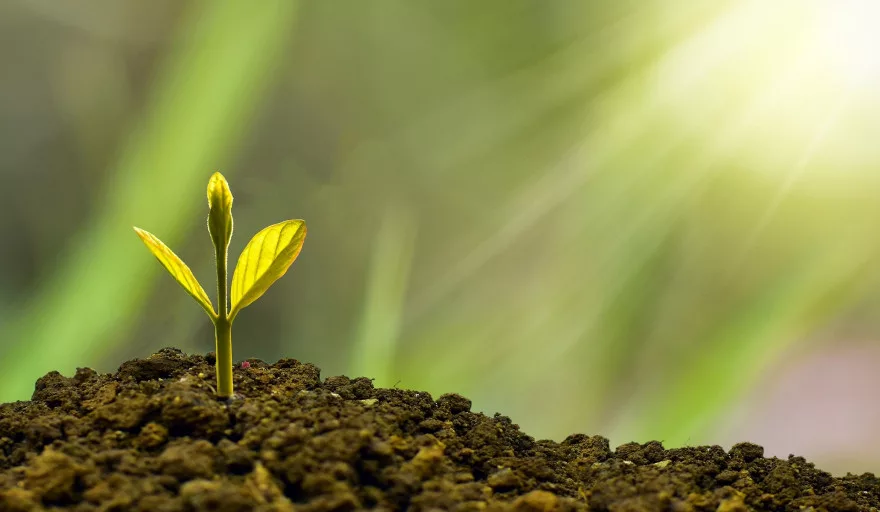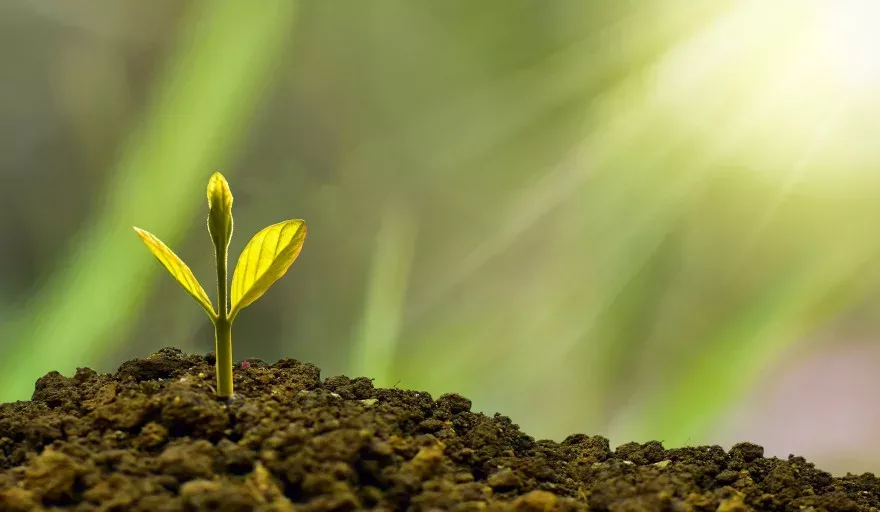
Written by: Dani Redd
“Most forecasters agree that 2020 will be Africa’s first continental recession since the early 1990s. Whilst growth is expected to start to recover from 2021, the damage done to living standards, per capita incomes, and poverty rates is likely to take many years to recover from.”
“Most forecasters agree that 2020 will be Africa’s first continental recession since the early 1990s. Whilst growth is expected to start to recover from 2021, the damage done to living standards, per capita incomes, and poverty rates is likely to take many years to recover from.”
This bleak picture is painted by Jeff Gable, Head of Research and Chief Economist at Absa, one of Africa’s largest diversified financial services companies.
And it’s one he’s more than qualified to comment on, having 25 years of experience in covering emerging markets. He joined Absa in early 2007, and his Johannesburg-based team covers macroeconomics, foreign exchange, interest rates and credit for South Africa and over a dozen other African markets.
But despite his expertise, Gable admits that the economic ramifications of COVID-19 are difficult to predict, not least because the official macroeconomic data has not yet appeared. Furthermore, within Africa, there is a challenge when it comes to data collection.
“Bar a few countries, there is little high-frequency macro data with which to monitor the health of the economy in near real-time,” he explains. “Understanding where the worst of the economic impact of the COVID-19 crisis is being felt, and designing and implementing quickly appropriate policy interventions is even more difficult.”
Africa also faces the same issue when it comes to public health. The pandemic has highlighted the necessity for accurate and timely data monitoring, but many African countries lag far behind global best practice for tracing and tracking. Even so, Gable is able to provide Africa Outlook with his economic predictions for Africa.
Economic Impact
Although data collection might be difficult, Gable and his team have begun to gauge the economic effects of COVID-19 based upon anecdotal evidence and the sets of high frequency data they’ve obtained.
“Most fiercely and immediately hit have been those economies for which tourism is a major source of income and employment,” the Head of Research and Chief Economist says. “Commodity producers too, have felt the pinch, particularly those in the oil sector as prices plummeted earlier in the year.”
Another less obvious factor is that remittance flows from Africa’s global diaspora are likely to reduce. This is a key source of income for some of the poorest economies on the continent.
But there is one positive, according to Gable. Compared to other countries, Africa has relatively few COVID-19 cases – around 900,00 across the continent, with more than half in South Africa.
“This has provided space for most countries on the continent to ease the most restrictive social distancing measures relatively quickly, thus limiting some of economic impact witnessed in other countries where lockdowns, enforced quarantines and other extreme social distancing has gone on longer,” Gable explains.
In the long-term, he expects that there will be a divergent rate of recovery across African countries. Places reliant on tourism will feel the pinch, as will those economies leveraged around very few commodities (as demand for them might drop in a post-COVID world).
Unsurprisingly, Gable expects that all African economies will emerge from the crisis with higher levels of debt as they struggle to regain previous rates of growth.
“Efforts to ensure Africa’s progress against the Millennium Development Goals will therefore need to become more innovative and entrepreneurial if Africa is to make good its goal of a more promising future for all who live in it,” he says.
“Siyasizana”: Help one another
So, what are African governments and regional organisations doing to facilitate economic recovery? Many lack the financial resources of more developed countries, and are simply not able to provide the same level of direct fiscal support. But that doesn’t mean they aren’t doing all that they can.
Gable provides a few examples. Kenya, he informs us, has cut VAT, corporate tax and more in order to provide short term relief. South Africa aims to prevent mass layoffs by allowing the use of the Unemployment Insurance Fund to top up wages for furloughed workers, while also increasing child support grants.
The G20’s initiative for bilateral creditors to provide debt holidays for the poorest countries has given some places in Africa welcome breathing space. Organisations such as the IMF, World Bank and African Development bank have quickly mobilised to provide critical, low-cost hard currency funding.
“This will help ensure that the immediate health crisis doesn’t spiral beyond control simply because governments weren’t able to raise the money necessary for critical health interventions,” he explains.
Meanwhile, Absa jumped to its customers’ aid with a Payment Relief Programme, which provided quick, temporary financial relief to more than 730,000 customers totalling $500 million. Customers were able to pause credit payments for three months, and given repayment discounts on certain products.
It is now working on Siyasizana – a word which means “help one another” – working with clients to provide long-term, sustainable economic solutions tailored to the individual. The bank will work with each customer to help them remain resilient through services such as overdrafts, home loans and more.
The lessons learned
All around the world businesses, countries and households have learned lessons about the pandemic. One of the most important ones is about cooperation – health data and pharmaceutical research will need to be shared to reduce chances of COVID-19 enduring or reoccurring.
What’s more, the importance of building resilient institutions has never been greater.
“Countries will look to improve the capacity of their own healthcare systems, while businesses will need to find ways to both continue to enjoy the efficiency gains that come with globalisation whilst also having more resiliency in the advent of sudden trade interruptions,” Gable explains.
Another important lesson, he continues, is one of financial leverage – an investment strategy of using borrowed capital to increase potential ROI. Many businesses and households will be emerging from the crisis with more leverage than they entered with. According to Gable, many countries and businesses in Africa used the easy monetary conditions that proceeded from the global financial crisis to continue borrowing.
“This left their balance sheets far more stretched at the outset of the COVID-19 crisis than they had been at the outset of the financial crash,” he says.
Ultimately, this has resulted in less space to borrow within the downturn.
“People are beginning to recognise that an important part of economic and financial resilience comes from being more financially cautious in the good times,” Gable concludes.
Just like the rest of the world, Africa has a long road to economic recovery. But it is to be hoped that organisations, businesses and governments can be rebuilt so that they are more resilient than before.
About Jeff Gable
Head of Research: Fixed Income Currencies and Commodities (FICC) and Chief Economist for Absa. Voted Best Research House at the JSE/Spire Awards last October (for the fourth time in the last five years).
Gable brings 25 years of experience covering emerging markets to his role, having joined Absa in early 2007 from Barclays in London and with his earlier career spanning Deutsche Bank (London), the IMF (US) and the Bank of Canada (Canada).
His Johannesburg-based team covers macroeconomics, foreign exchange, interest rates and credit for South Africa and more than a dozen markets across the continent.






























